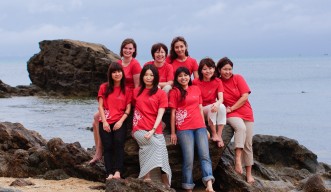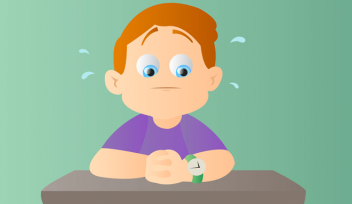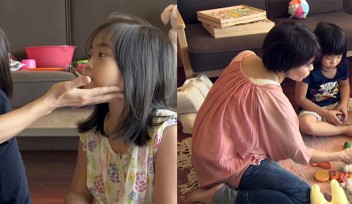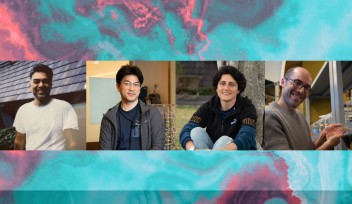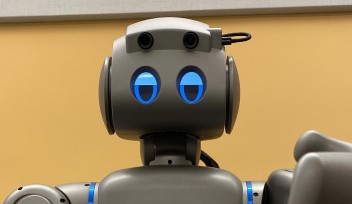Finding Better Ways to Cope with ADHD
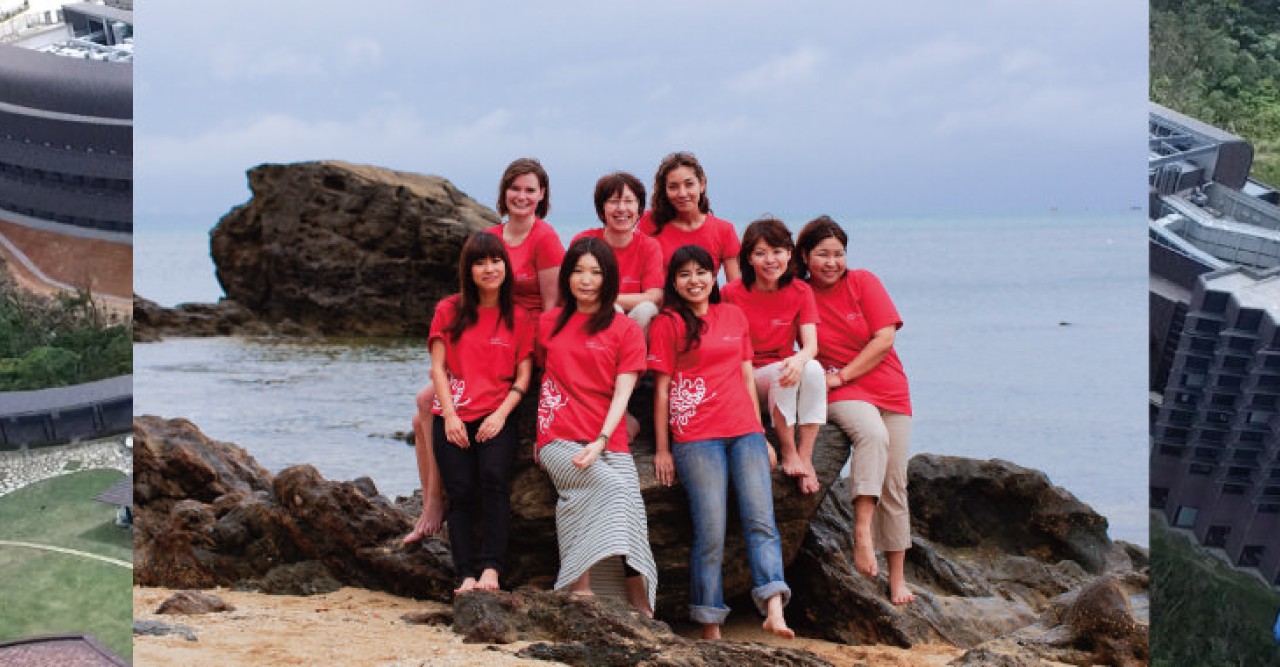
Climb the stairs of OIST’s Seaside House to the second-floor offices of the Human Developmental Neurobiology Unit, and the first sight that greets you may come as a surprise in a research institute: a colorful waiting room stocked with toys and child-sized furniture. It’s a giveaway that this is an atypical research group at OIST, one primarily concerned not with theory or bench work, but with studying the causes and effects of attention deficit hyperactivity disorder (ADHD) to achieve tangible benefits for affected children and their families.
The unit carries out three related research projects, explains its leader, Prof. Gail Tripp. In one, they have children with ADHD and controls complete computer tasks to test the effect of rewards—in this case, points that can be redeemed for a small prize—on learning and behavior. Their hypothesis is that the ADHD children will be less sensitive to subtle reward cues steering them toward certain actions. With colleagues in Brazil they will test how drugs used to treat ADHD affect children’s sensitivity to reward.
In another project, led by researcher Shizuka Shimabukuro, the unit is developing a program for Japanese parents of ADHD children. The parenting programs currently available in Japan have been imported from overseas and are generic parenting but not specifically designed for families of children with ADHD, Shimabukuro explains. “We need to make sure our program is effective for children with ADHD, and that it is consistent with Japanese parents’ needs,” she says. A native Okinawan who studied marriage and family therapy in the United States, Shimabukuro has already conducted a pilot of the new parenting program with a small group, and is now revising it based on feedback she received. She also plans to work closely with other organizations in Okinawa to foster a greater network of support services for families coping with ADHD. Currently, she says, “Parents’ needs are great, but the services available to them are very limited.”
In addition to honing parents’ skills, the unit is interested in helping children themselves cope with ADHD symptoms. To that end, graduate student Jaclyn Meredith is studying how ADHD children use and process language when interacting with other people. “Once children are on medication, the ADHD symptoms decrease, but parents can be concerned because the child is still having difficulties getting along with their peers,” she says. “Few of the existing social skills programs seem to be very effective, so we are looking at whether there are underlying language issues.” To do this, she has parents rate the language and social skills of their children, some with ADHD and some without. She also tests the children’s ability to follow instructions, questions them about the best way to handle theoretical social interactions, and shows them video clips of social scenarios in order to get their responses.
Running through the unit’s research is a recognition that knowledge alone is not enough to help children with ADHD and their families; community awareness and support are also crucial. “What we want is for people to be much more comfortable with the idea of ADHD,” Tripp says.
More about ADHD and issues parents face can be found here and here.
Specialties
Research Unit
For press enquiries:
Press Inquiry Form










